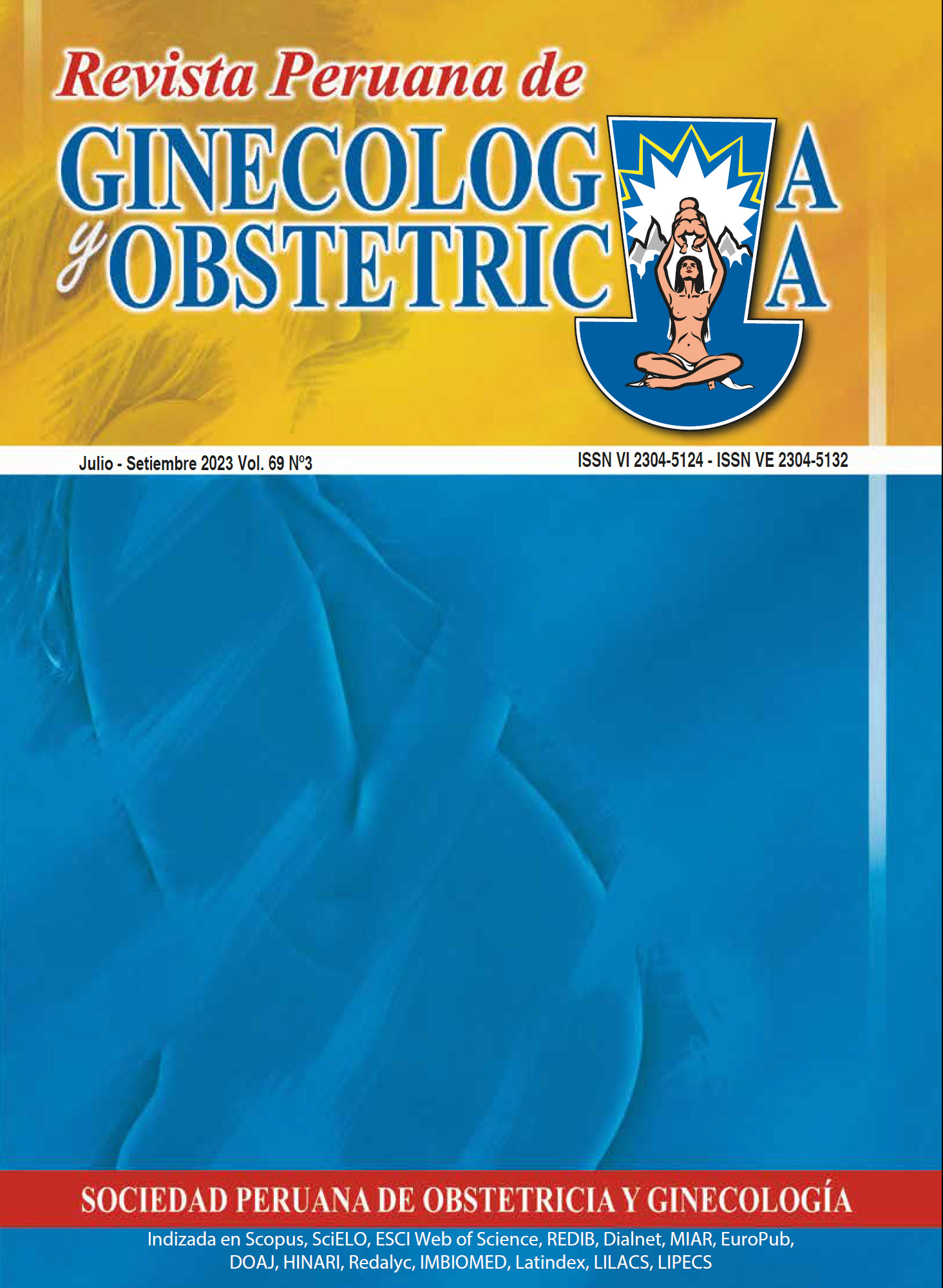The coronavirus conundrum - BA.2.86 variant of SARS-CoV-2 – What’s new about long COVID – Vaccines - Nobel Prizes
DOI:
https://doi.org/10.31403/rpgo.v69i2549Keywords:
Coronavirus infections, SARS-CoV-2, COVID-19, SARS-CoV-2 vaccines, Pregnant woman, Fetus, NewbornAbstract
The coronavirus has continued to move around the world with new variants, some
of which are of concern. Hospitalizations increased in some places with the BA.2.86
variant, especially in obese or morbid elderly people, but have decreased, as have
deaths. Women who gestated by assisted reproductive techniques had similar
morbidity as those who gestated spontaneously, but with more adverse maternalperinatal
outcomes in those older, with multiple pregnancies, nulliparity, body mass
index >30. Children born at the beginning of the pandemic showed a different
microbiome composition than those born before the pandemic, which could affect
their health later in life. Among people with long COVID, a quarter of them suffer
organ and system sequelae, with limitation and lost years of activity, as well as
the possibility of premature death. Long COVID occurs more in women between
35-49 years of age and in those with lower income. They could develop type 2
diabetes. There would be direct interactions between SARS-CoV-2 and mitochondrial
proteins essential in energy production. Viral RNA has been detected in coronary
atherosclerotic lesions and the spike has been found in skull bones, meninges and
brain. Coronavirus vaccines protect pregnant women and their newborns through
placental transfer and lactation. In the population, protective immunity from
infection and vaccines declines over time and new vaccination will be required at an
as yet undetermined regularity.
Downloads
Downloads
Published
Versions
- 2023-10-22 (2)
- 2023-10-16 (1)
How to Cite
Issue
Section
License
Copyright (c) 2023 José Pacheco Romero

This work is licensed under a Creative Commons Attribution 4.0 International License.
Esta revista provee acceso libre inmediato a su contenido bajo el principio de que hacer disponible gratuitamente la investigación al publico, lo cual fomenta un mayor intercambio de conocimiento global.















